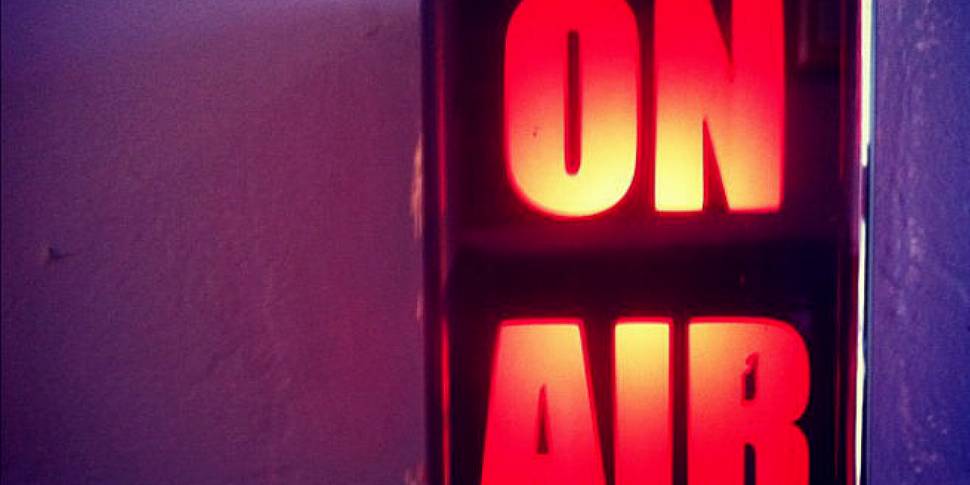“Women have to build themselves up against trolls," TV3 political editor Ursula Halligan told a gathering of around 200 women in Dublin Castle.
The conference, the first official one of its kind in Ireland, is aimed at encouraging more women to take to the airwaves and more station bosses and producers to endeavour to host gender balanced programmes.
Halligan's statement flew in the face of comments from speakers and attendees at the inaugural Women on Air conference. Being called a bitch or a whore is not easy, remarked Irish Times journalist Una Mullally who has received more than her fair share of abuse from trolls on her twitter feed and in the comments section of her own newspaper. A fact which appalled veteran journalist Sam Smyth who asked why the newspaper was not protecting its staff.
Halligan’s comment stood out however not because she was the only woman saying it (which she was) but because here is a woman who stands up nightly covering the political news of the day and knows that she is being judged not only on her knowledge but her appearance. It was a full hour into the conference before the sensitive subject of a woman’s appearance was raised. And it was Halligan who raised it.
Why are more women not visible in broadcast media today, the oft-asked question was posited? Lack of role models, restrictive childcare options, age old myths about listeners yearning for a male voice in the morning were all acknowledged.
It was TV3’s political editor who suggested that women were wary and weary of vicious personal sleights. Abuse of women in the public eye is nothing new. As a morning show presenter for five years, I was only too aware of the producer’s efforts to shield me from personal nasty texts. Twitter has removed that protective shield.
Halligan has a point. If you are going to put yourself out there, then you have to be prepared for a level of backlash. There are times however when the backlash is insidious and hate-filled and not just mindless abuse.
Senator Jillian Van Turnhout agreed that politicians receive a fair level of abuse but none of her male colleagues, to her knowledge, had received threats of rape. She has a point.
Kevin Bakhurst, RTE’s Deputy Director General was there, holding Morning Ireland presenter Aine Lalor’s coat as she addressed the audience. Former managing director of RTE radio Claire Duignan pointed out that it was not just about getting women on air but getting women into the boardroom too where the decisions about programmes and scheduling are made. “More women need to climb the greasy pole," Duignan warned.
It took Halligan again to remind us that the problem is not only restricted to the airwaves and the media boardrooms. Twenty years ago, the political correspondent thought there was no obstacle to women getting on the air and ahead in media. Two decades on as she watched female colleague after female colleague leave their job or lose their position in order to have children, she has changed her mind.
Women have to build themselves up alright. But maybe trolls are not our greatest challenge.









